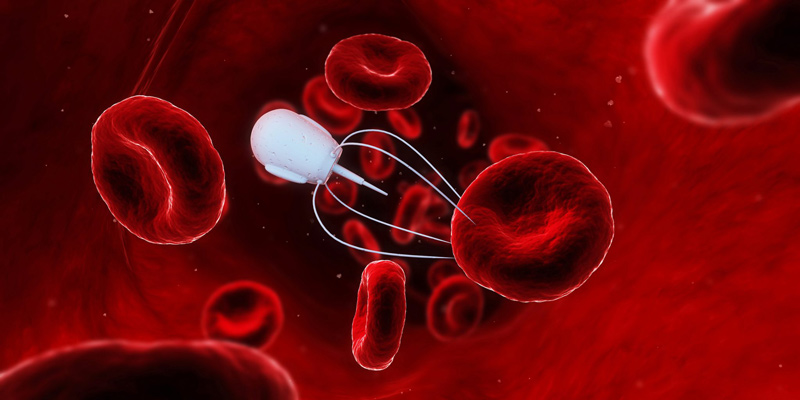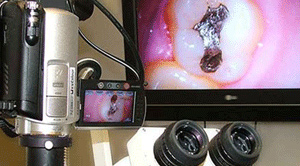

Scientists and engineers are collaborating to research on nanoscale technology for advancing the healthcare industry.
 FREMONT, CA: Ever imagined the world from the perspective of an insect like an ant or a bee? Just imagine the world where not only the size of items gets magnified, but also you are exposed to visualize every minute details of that product. Now visualize if you are reduced to a hundred times smaller than an ant, you will be able to analyze and detect the most exquisite intricacies in a micro-scale. In the medical field, researchers and doctors are applying nanotechnology, which is five million times smaller than an ant. Now clinics and universities are collaborating to research on nanoscale technology for advancing the healthcare industry.
FREMONT, CA: Ever imagined the world from the perspective of an insect like an ant or a bee? Just imagine the world where not only the size of items gets magnified, but also you are exposed to visualize every minute details of that product. Now visualize if you are reduced to a hundred times smaller than an ant, you will be able to analyze and detect the most exquisite intricacies in a micro-scale. In the medical field, researchers and doctors are applying nanotechnology, which is five million times smaller than an ant. Now clinics and universities are collaborating to research on nanoscale technology for advancing the healthcare industry.
To commercialize new therapies, technologies, and drug delivery systems using small-sized particles and treatment techniques that are not only naked to the human eye but too minuscule to manipulate, the Hebrew University has come up with a molecular-level engineering methodology. By utilizing the minute engineering platform to leverage medication for attacking the core of illness, the doctors can now treat diseases ranging from cardiovascular to Parkinson’s disease.
Scientist and engineers from a biomedical engineering department together with Hebrew University and Hadassah university hospitals are changing the face of the global market by introducing nanotechnology into the medical ecosystem.
Even though clinics already have a rich history in healthcare innovations, but with the inclusion of nanotechnology into healthcare, their portfolios will expand dramatically. However, the field of nano-medicine and treatment has yet to travel a long path ahead in order to unlock its full potential.
The Hebrew University team has surprised everyone with their team-based approach, which is not only proving assistance to the upcoming start-ups but also generating a massive profit through licensing. The most well-known success was chemotherapy drug Doxil, which prolonged the lives of millions of affected patients.
Research by the Center for Transformative Nanomedicine has resulted in a potential cure for reducing the collateral damage of healthy tissues, eliminating precise tumor targets, and destroying plaques in the brain for Alzheimer’s disease. The union of these two teams will transform the field of nano-medicine.